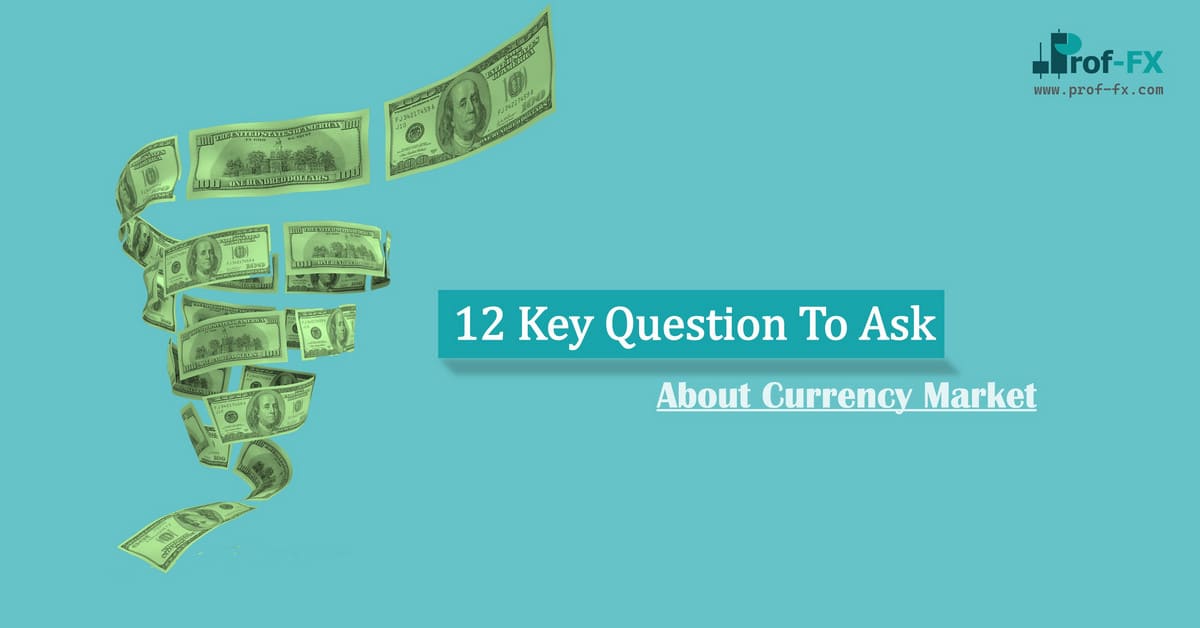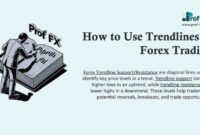Currencies are just like us … they have personalities. Some of them are moody, some of them are volatile, and some of them are pretty boring.
That’s what makes this market so much fun.
When you trade currencies in the Forex market, you are getting into a relationship with those currencies, so you’d better get to know them.
You may actually find that you are more compatible with certain currencies than you are with others.
To help you get to know the currencies a little better, we’ve set tip a speed-dating service of sorts. We know that some of you may be a little shy and that this could feel a little awkward, so we have come up with a list of 12 questions that you need to ask before you trade a currency:
- Does your economy run a trade surplus or a trade deficit?
- What does your economy export?
- To whom does your economy export?
- What does your economy import?
- From whom does your economy import?
- Do you have an attractive government debt market?
- Do you have an attractive equities market?
- Tell me about your central bank. What are its mandates? How much gold and foreign currency reserves does it hold?
- Do you have an over involved government that likes to intervene in the Forex market?
- What economic announcements are important to you?
- Are you a safe-haven currency?
- How can I trade you?
So what’s so special about these questions? Why should you take the time to learn all this information?
First of all, the more you know about a currency, the easier it will be to make good investment choices.
That’s just common sense. But perhaps even more important, you want to take every precaution you can to avoid being surprised by an unexpected movement in the currency that blows up your account.
Let’s go through each of these questions and take a look at why it is pertinent to your investing decisions, first let’s discuss in this article the first question.
Does Your Economy Run a Trade Surplus or a Trade Deficit?
Why do we care whether a country runs a trade surplus or a trade deficit? We care because trade flows play such an important part in the value of a currency.
Countries with a trade surplus tend to have stronger currencies because as demand for the goods and services that the country provides increases, demand for that country’s currency tends to increase since foreign buyers must pay for the goods and services in the local currency.
Conversely, countries with a trade deficit tend to have weaker currencies because as consumers exchange their local currency for the currency of the country from which they are buying the goods and services, the supply of the local currency tends to go up, which brings down the value of that currency.





